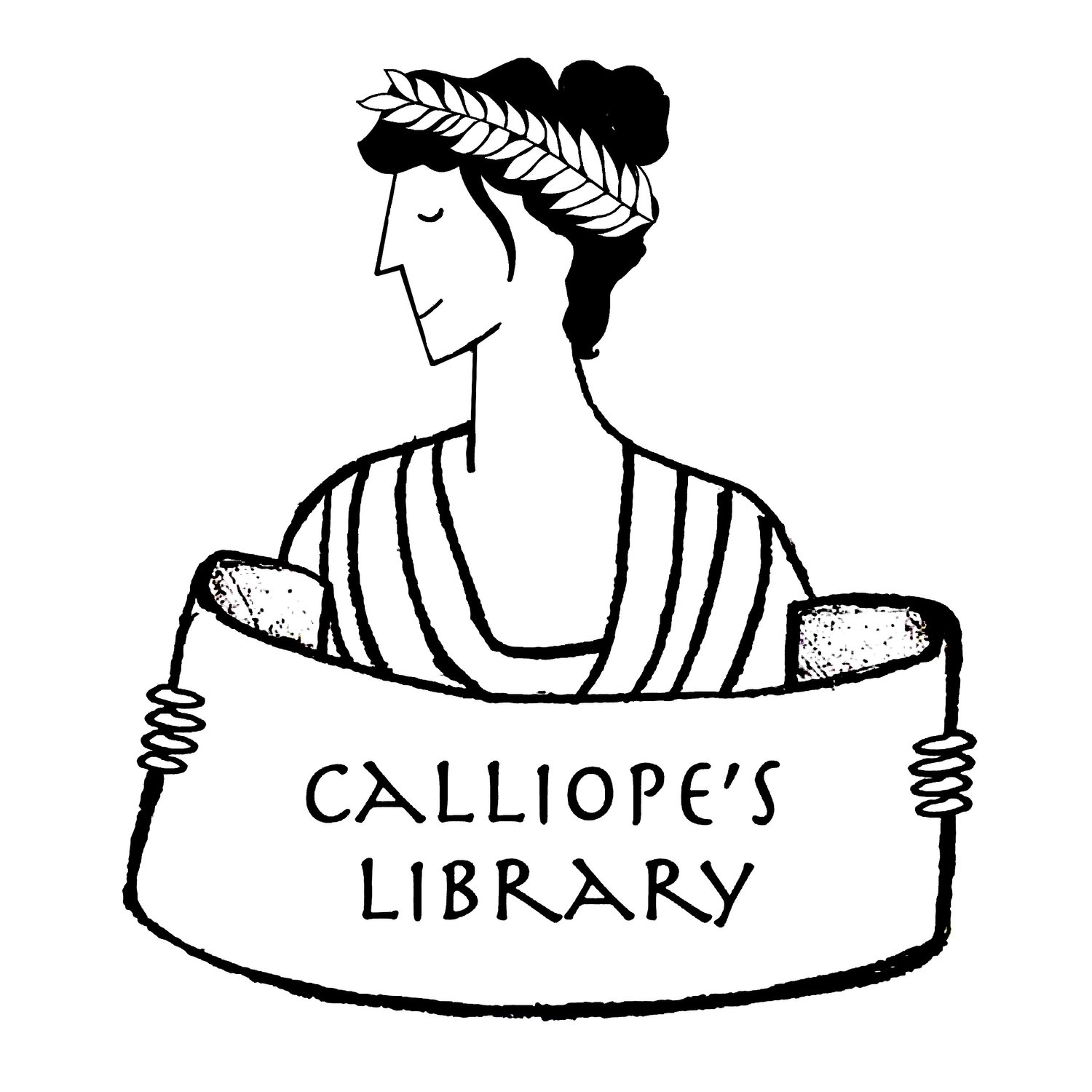Title: Shout Against the Wind
Author: Mary Ray
Date: 1970
Tags: 14+, Young Adult, Greece, Setting: Ancient, Mycenaean Civilization
Mary Ray is best known as the author of the Roman Empire Sequence (A Tent for the Sun, The Ides of April, Sword Sleep, Beyond the Desert Gate, and Rain From the West). But Ray has also written several remarkable novels set in other periods, including four about the Aegean world of the bronze age. Shout Against the Wind, set in 1200 BCE, tells the story of how a small group of people from very different backgrounds come together after the destruction of the palace at Pylos and start to rebuild in a changed world.
Ray accepts the traditional story of the Dorian invasion, now questioned by many historians, as the explanation for the fall of the Mycenaean Greek palace-states that were dominant in the late second millennium BCE. In this book, northern Greeks, known as “the horde of Herakles,” are laying waste to the Mycenaean kingdoms in search of new land for themselves. Ikarus, a singer and acrobat, Melantho, a bath attendant, and her mother Alkis, a healer, manage to escape the burning city through a hidden water-tunnel; as they travel, they rescue the young lord, Kastor, wounded in battle, and an abandoned baby, and are helped by a soldier, Demas. Together they find refuge, along with the old housekeeper, on a hidden farm that was once part of the estate of Kastor’s father. Here they learn how to survive, making use of skills they have but for the most part developing skills they have not had to use but must quickly develop. Differences of class and status give way to common need, shared work, and growing affection.
Ray doesn’t gloss over the threat of death and of sexual violence at the hands of the invaders, and Melantho has one narrow escape, but Ray represents the lives of refugees in wartime in a way that is both truthful and appropriate for the intended audience. The story should appeal to readers who like historical fiction and are interested in more distant pasts. Ray draws on archaeological findings and on Greek myth. – Deborah Roberts


